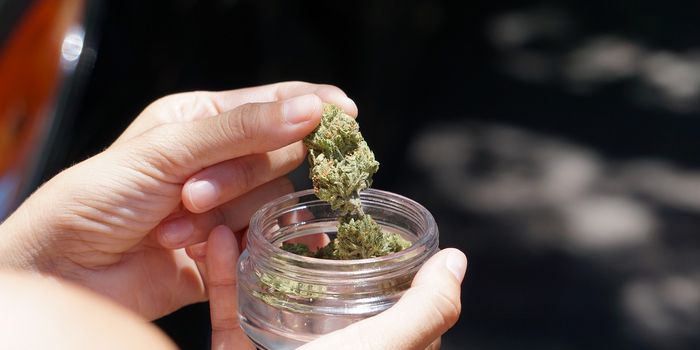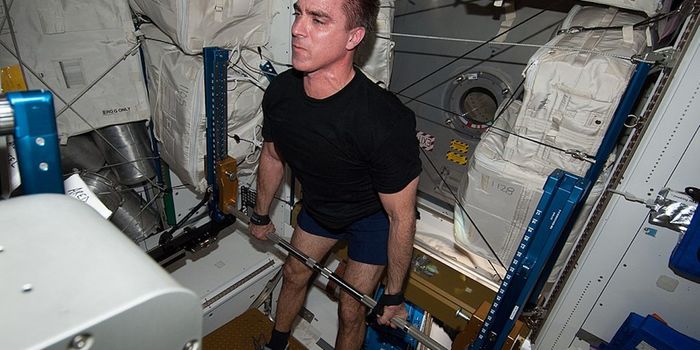Music Soothes High Blood Pressure
Scientists from Brazil have confirmed that listening to music in the hour following the administration of drugs designed to lower blood pressure to a healthy level heightens the effects of the drugs. This discovery makes listening to music a likely addition to the multiple measures that can be taken by those affected by high blood pressure, or hypertension.
People with hypertension are recommended by doctors to take several steps to bring their blood pressure to a healthy level, minimizing their risk of heart disease. In addition to taking the right medications, affected individuals are advised to make healthy lifestyle changes, often including smoking cessation, following a healthy diet, and participating in regular physical activity. The new study suggests that listening to music be added to the list.
"We observed that music improved heart rate and enhanced the effect of anti-hypertensives for about an hour after they were administered," explained study coordinator Vitor Engrácia Valenti.
Valenti and others based their new study on foundational research that identified classical music as a way to lower the heart rate during times of stress. Apparently, classical music activates the parasympathetic nervous system and suppresses the sympathetic nervous system (the “fight or flight” response, characterized by increased heart rate, constricted blood vessels, increased blood pressure; the parasympathetic has the opposite effect).
In the new study, researchers asked: can music impact the effects of anti-hypertension medication on heart rate and blood pressure levels? They recruited 37 patients with well-controlled hypertension, all receiving anti-hypertensive drugs for at least six months. Researchers compared the effect of the patients’ anti-hypertensive drugs between one day where they listened to instrumental music for 60 minutes after taking their medicine versus one day where patients did not listen to music.
Heart rate and blood pressure decreased significantly when study participants listened to music after receiving their medicine, in comparison to when they didn’t listen to music.
Hypertension is dangerous because it is a major risk factor for heart disease, and many people with high blood pressure are often unaware of their condition. Hypertension can cause damage to and narrowing of the arteries, which prevents the flow of blood to the body’s tissues, which need the oxygen and nutrients carried by blood.
High blood pressure can also directly damage the heart by making it work harder than it needs to to pump blood to the body. This overworking of the heart causes the left ventricle, the main pumping chamber of the heart, to enlarge.
The present study was published in the journal Scientific Reports.
Sources: Mayo Clinic, São Paulo Research Foundation









